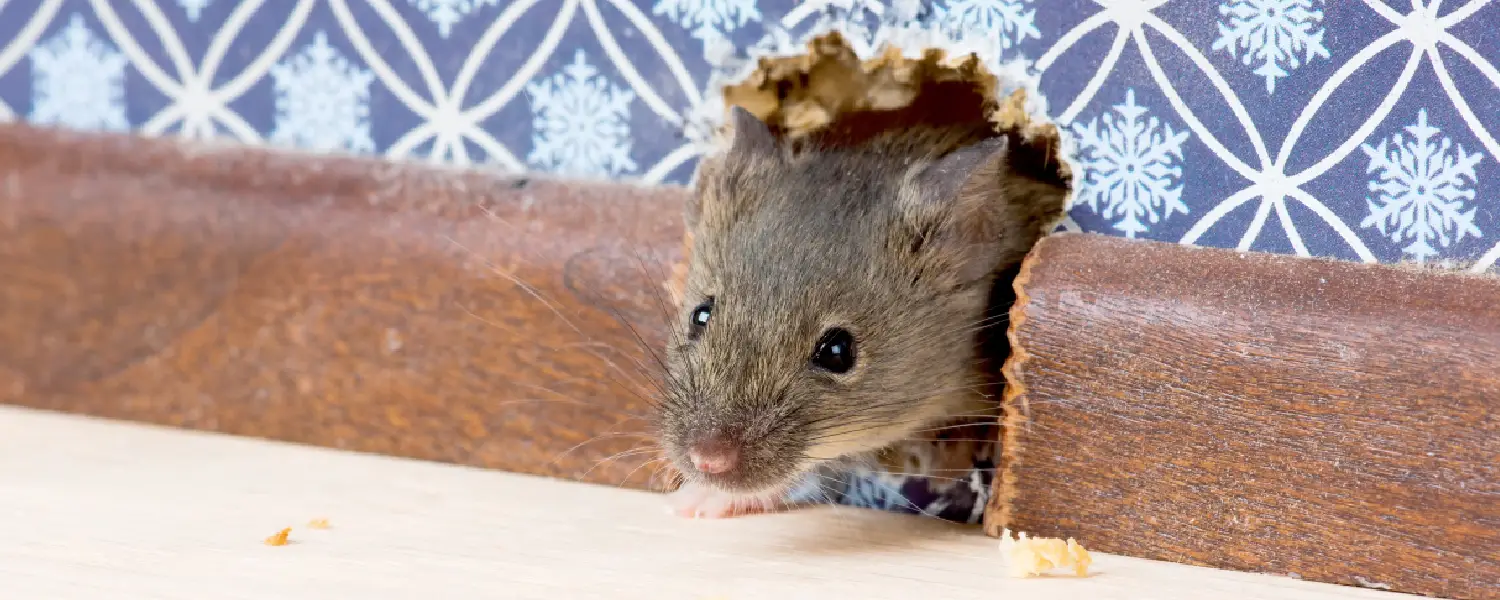If you live in British Columbia, you may have noticed an increase in rodent activity around your home or business. You are not alone. According to pest control experts, the province is facing a rodent infestation that is unprecedented in recent years. What is behind this surge of furry invaders? One of the main factors is the restriction on second-generation anticoagulants (SGARs), a type of rodenticide that was widely used until 2021.
SGARs are highly effective at killing rodents, but they also pose a serious threat to wildlife and the environment. SGARs work by interfering with the blood clotting process, causing internal bleeding and death. However, SGARs are not selective, meaning they can also harm any animal that eats a poisoned rodent or the bait itself. This includes birds of prey, such as owls and eagles, as well as mammals, such as coyotes and foxes. SGARs can also persist in the environment for a long time, accumulating in the food chain and causing secondary poisoning.
In 2018, Health Canada announced a heavy restriction on the use of SGARs by consumers and restricted their use by professionals to certain situations. The restriction was intended to protect wildlife and the environment from the harmful effects of SGARs, while still allowing pest control operators to use them in cases of severe infestation or public health risk. However, the restriction also had an unintended consequence: it left many homeowners and businesses with fewer options to deal with rodent problems.
The alternative to SGARs is first-generation anticoagulants (FGAs), which are less potent and require multiple feedings to kill a rodent. FGAs are also less likely to cause secondary poisoning, but they have their own drawbacks. For one thing, rodents can develop resistance to FGAs over time, making them less effective. For another, FGAs can still harm non-target animals if they consume large amounts of bait or poisoned rodents. Moreover, FGAs are not as fast-acting as SGARs, meaning that rodents can continue to feed and damage property before they die.
The result is that many homeowners and businesses are struggling to control rodent populations with FGAs alone. Some have resorted to using traps, glue boards, or other mechanical methods, which can be cruel. Others have tried natural remedies, such as peppermint oil or ultrasonic devices, which have little or no scientific evidence to support their efficacy. Some have even given up on pest control altogether, hoping that the rodents will go away on their own.
This is not a viable solution, as rodents can pose serious health and safety risks. Rodents can carry diseases, such as hantavirus, leptospirosis, salmonella, and plague, which can infect humans and pets. Rodents can also cause structural damage, such as gnawing on wires, pipes, insulation, and woodwork, which can lead to fires, floods, or mold. Rodents can also contaminate food and water sources with their urine and feces, which can spread pathogens and parasites.
The bottom line is that rodent control is essential for protecting public health and property in British Columbia. However, rodent control is not easy. It requires a comprehensive and integrated pest management that combines prevention, exclusion, sanitation, monitoring, and treatment. It also requires cooperation and coordination among homeowners, businesses, pest control professionals, and government agencies.
The restriction on SGARs was a necessary step to protect wildlife and the environment from the negative impacts of rodenticides. However, it also created new challenges for rodent management in British Columbia. To address these challenges, we need to find new and innovative ways to reduce rodent populations without harming non-target animals or the environment. We also need to educate ourselves and others about the best practices for rodent control and prevention. By working together, we can achieve a balance between human health and environmental health.
For expert pest control advise and to request a free assessment of your premises, email 1st Pest Control or feel free to call us at 1-844-737-8226 (1-844-PEST-CANADA)




